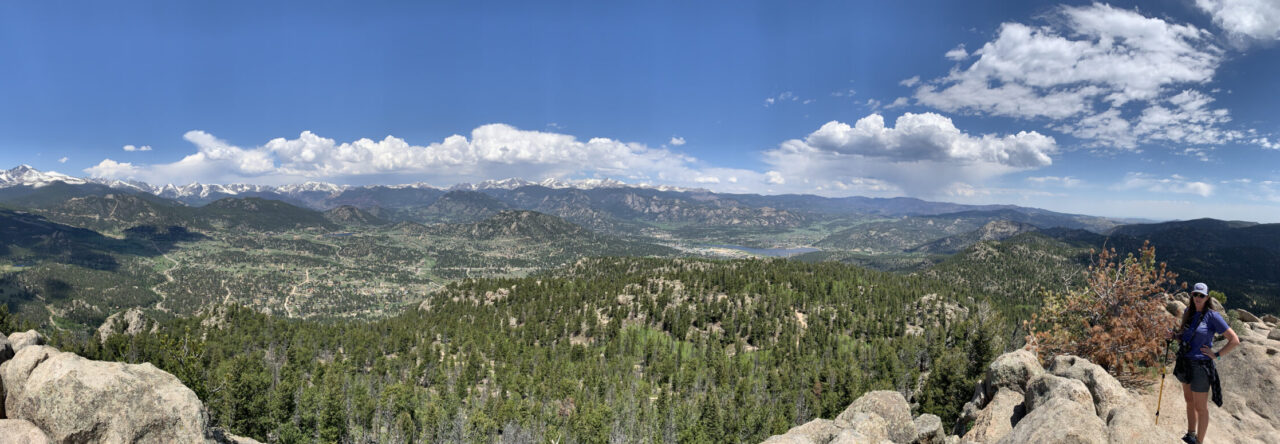- Vegetarianism is not common so we had to work a little harder to avoid eating dead animals.
- We took several bus trips when we started our trip with no knowledge of if or when there would be bathroom breaks. To work around this, we moderated how much water we drank. Given that the temperatures outside were about 100 degrees and we were sweating like fools, this may have not been the wisest of methods.
- Locals don’t drink their own water, so we obviously didn’t either. What food was washed in or cooked with is questionable.
Overall, we did okay. Out luggage included a healthy supply Pepto Bismol, Imodium and a Ciprofloxacin, a medicine used to treat infections caused by bacteria. We managed to make use of all three things but weren‘t too uncomfortable. We always had a large bottle of water on us and avoided street vendors. We didn’t eat uncooked food like salads. We’re experienced travelers, so we were fine, right?
Ha!
On the last day of our trip, the day we were planning on going to the airport for a 11 ½ hour flight to DC followed by a flight to Chicago followed by a flight to Cincinnati, Wonder Boy woke up feeling like death. He was vomiting and … experiencing something we will refer to as dying, which is the euphemism we actively use in our household. The dying continued all morning. Finally we got him feeling okay enough that we went to the hospital to verify that he didn’t have malaria and that he would be okay to travel.
I am pretty certain that Wonder Boy didn’t enjoy that day. I fared much better: I read nearly an entire book and got to learn about the Ghana medical system.
At the hospital we entered a very crowded emergency room (or general waiting room? Not sure.) and Wonder Boy got a seat while I checked him in. I filled out some paperwork that never asked what he was experiencing. So much for triage! Wonder Boy got his very own healthcare card but the name on it was wrong. He was christened Jash.
So Jash and I sat in some chairs next to a very helpful woman and her son who assured us that we were in the right spot and doing the right thing by waiting for our name to be called. And so we waited (and read). And waited (and read). For two hours. After two hours we were put into queue for a room. And then we waited a while more before entering a room with a doctor, nurse and assistant.
The doctor sat behind a desk and just asked questions and took notes. But he was very nice and seemed to know what he was doing. He wrote orders for some lab tests and sent Jash and I to the lab.
At the lab, just a seating area around the corner, we waited (read) some more until Jash was called up. He gave some blood and an unmentionable sample. Then we waited (read) some more until the results were in. With results in hand we went back to the doctor’s office so Jash could get back in queue. (Jash tried to go straight in to see the doctor but was quickly called out on cutting so he took his seat in line.)
The doctor cleared Jash for travel and let us know he was malaria-free. He wrote some prescriptions and we walk to the pharmacy (a seating area around another corner) where we waited (and read) until Jash’s name was called. The unfortunate thing is that since Wonder Boy’s name is not Jash, he didn’t respond when his name was called. The pharmacy tech mentioned this so he said, “I just couldn’t hear my name over the [very loud and very bad] gospel music playing.” Right.
At the end of our day, we had spent 5 hours in the emergency room and spent the equivalent of $30 on care, lab tests and medicine. We (I) read almost an entire book and we learned a lot about medicine.
I also heard a doctor say, quite seriously, the word, “Poo poo.”
It’s with great restraint that I only mention that once, right?











